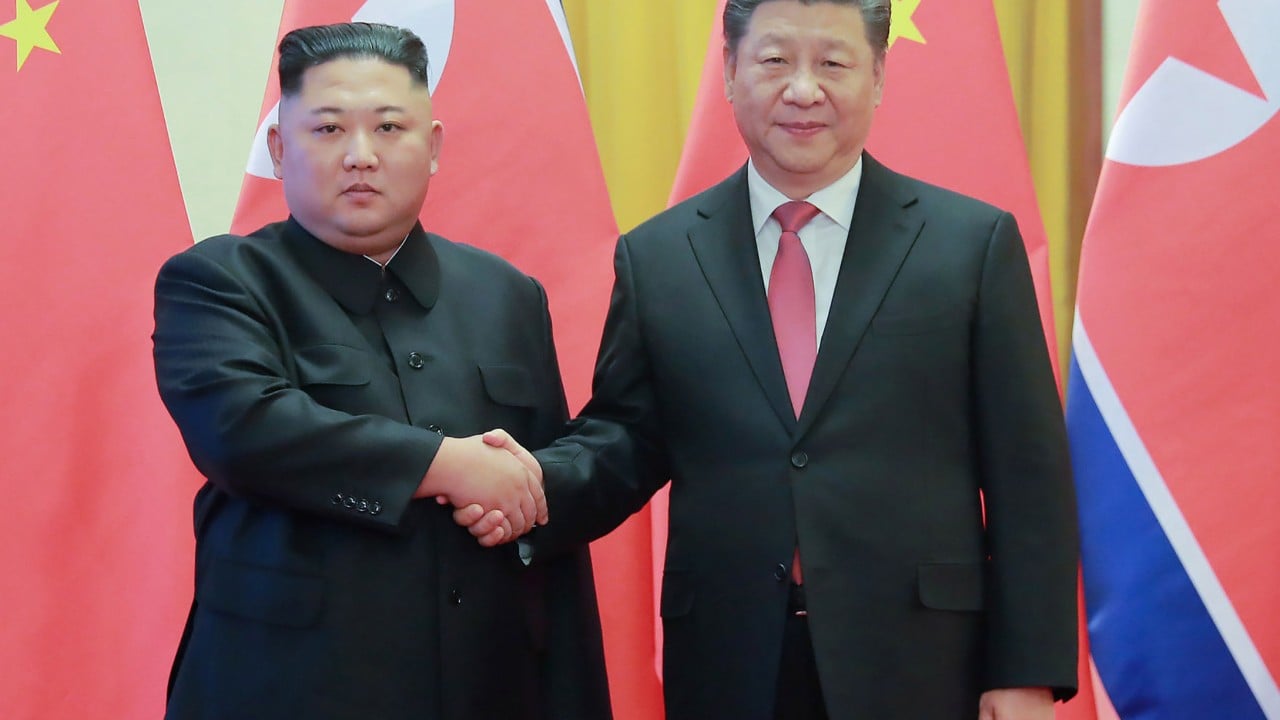A warning issued last week by Chinese President Xi Jinping over heightened risks of instability on the Korean peninsula signals Beijing’s growing unease with the potential geopolitical turbulence ahead as former US president Donald Trump prepares for his return to the White House, observers say.
Advertisement
“China does not allow conflict and turmoil to happen on the Korean peninsula. It will not sit idly by when its strategic security and core interests are under threat,” Xi told outgoing US President Joe Biden on the sidelines of the Asia-Pacific Economic Cooperation (Apec) summit in Lima, Peru on Saturday.
Escalating tensions on the Korean peninsula and Pyongyang’s repeated nuclear provocations have made the region particularly volatile.
Observers said China was also under pressure to help rein in Pyongyang and Moscow, especially since North Korea’s deployment of troops into Russia’s war in Ukraine, while also having to deflect criticism of its close ties with both.
They added that while China sought to position itself as a “stabilising force” in the Korean peninsula, Xi’s words underlined Beijing’s concerns not only over North Korea, but also over the expanding military alliance between the United States, Japan and South Korea.
Advertisement
Lee Seong-hyon, a South Korean visiting scholar with Harvard University’s Asia Centre, said Xi’s statement amounted to a rare admission that tension on the peninsula was threatening China’s national interests, and carried “profound strategic implications”.
“Xi underscores Beijing’s dual objectives: maintaining regional stability and reaffirming its central role in shaping the unfolding geopolitical situation,” he said.

